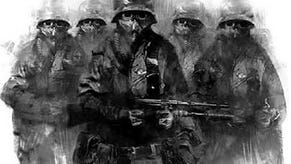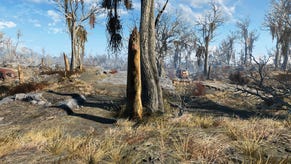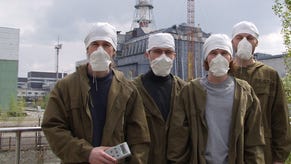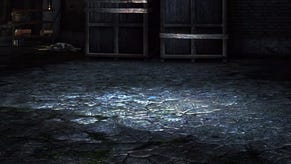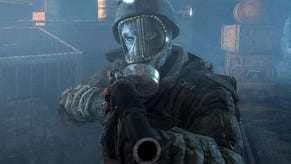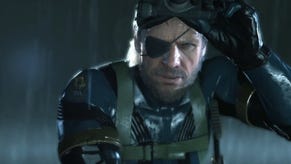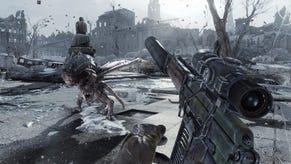Metro 2033
No picnic.
The gas-mask gives a claustrophobic feeling, even when you're outside in bright snowy ruins on the surface. You're stuck behind the cracked and condensation-ringed goggles, and you can hear yourself breathing, with that breath getting steadily more ragged as the filter breaks down.
Combat too feels the repercussions of the survivalist design decisions, because ammunition is limited. So limited, in fact, that it's actually the currency, which you'll spend on equipment when you visit the various stations throughout the Metro.
The problem is that the limited ammo impairs your combat fun. You want to be scooting about shooting the mutants and human enemies that populate the world, but instead you're forced to take things slowly and carefully. I couldn't help wondering if this was the game's PC heritage showing itself on our Xbox 360 review copy, because I could imagine being a lot more accurate in placing my shots with a mouse and keyboard.
While Metro's pace is easily adjusted to with a pad, it didn't feel tuned for playing on my sofa: I wanted to be leaning forward to peer into the gloom, and I cursed every time I ran out of ammo - something that wouldn't have been such an issue if I'd been more accurate.
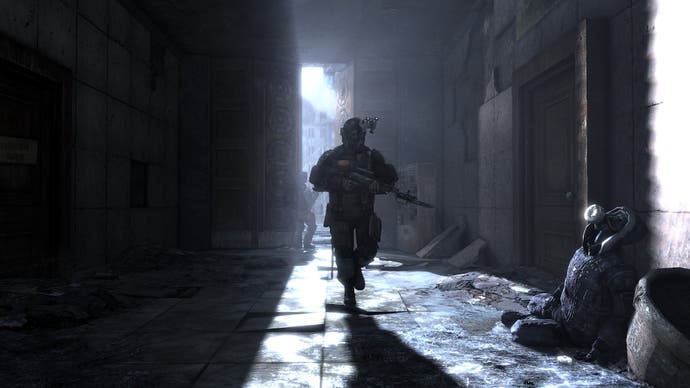
There are a handful of other things that also make combat an annoyance. The first and most obvious is that many of the mutants are stooped down and run along the ground. Consequently you're shooting down around your feet, or losing track of them entirely as they run off camera, under your field of vision.
It's a little niggle, but it's consistent, and could have been fixed with the creatures just being bigger or slightly further away when they attacked. Another more serious complaint is the amount of damage armoured human enemies take towards the end of the game. You're pounding them over and over before they go down, and it just doesn't make for interesting gunplay.
The most frustrating and least forgivable of the combat design decisions is the inclusion of instant-death traps in many of the environments. While the tripwires are generally fairly obvious, being blown up by one because you were diving around a corner in the midst of a firefight will result in a gamepad being hurled across the room. Worse, the explosives can't be blown up with a grenade, as you might expect.
So it's a bunch of minor things about the core game that tarnish what is otherwise an excellent shooter. I should stress just how inventive and beautiful this game is: the action is expertly punctuated with unexpected experiences, such as collapsing into a hallucination, or manning a giant flamethrower, or struggling to find your way on a collapsed Moscow street while being hunted by flying demon creatures, or smuggling yourself aboard a train full of nazis, or helping guide a lost child home...
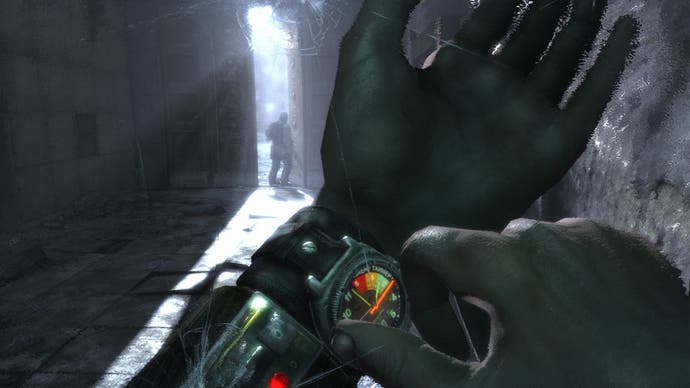
I could go on. There are also some serious options for stealth. Some segments of the game promised to be impassable firefights, but to my surprise I was actually able to sneak my way through with a few throwing knives and a silenced SMG. It's not abundantly clear from the game itself that this is an option, but it seems to allow you to play like that, at least in some places.
Metro 2033 doesn't always feel polished, and there are those horrible moments that occasionally let linear games down, where you lose the thread of where you're meant to be heading and end up circling round - which is basically just down to bad level design.
Nevertheless Metro 2033 is far busier and far more accomplished than I expected it to be, and it's also one of the best-looking games - at least in a few very special scenes - on the Xbox 360.
Combine these technical achievements with a game that has been carefully written, and lavishly imagined, and you start to get close to a sort of negative image of BioShock. While everything in Rapture is lurid and fantastical, here there is only grit, and blood, and suffocation.
Whether that's what you're looking for, well, that's up to you.

